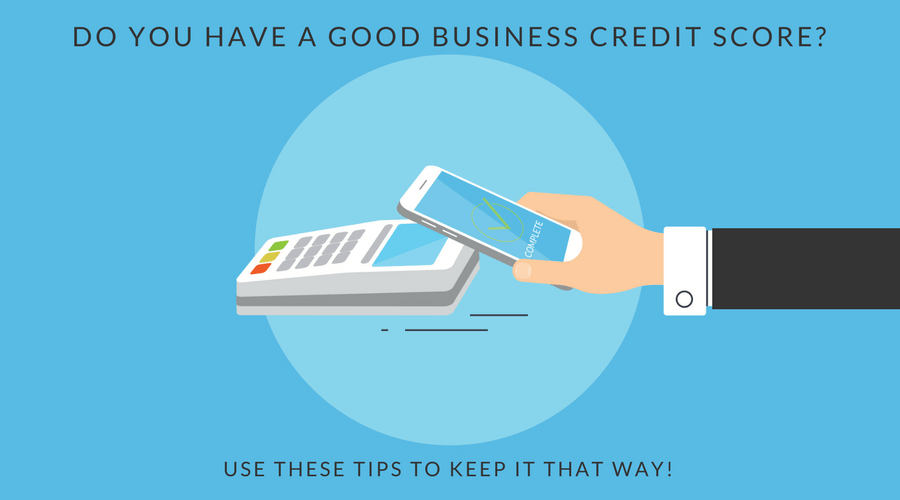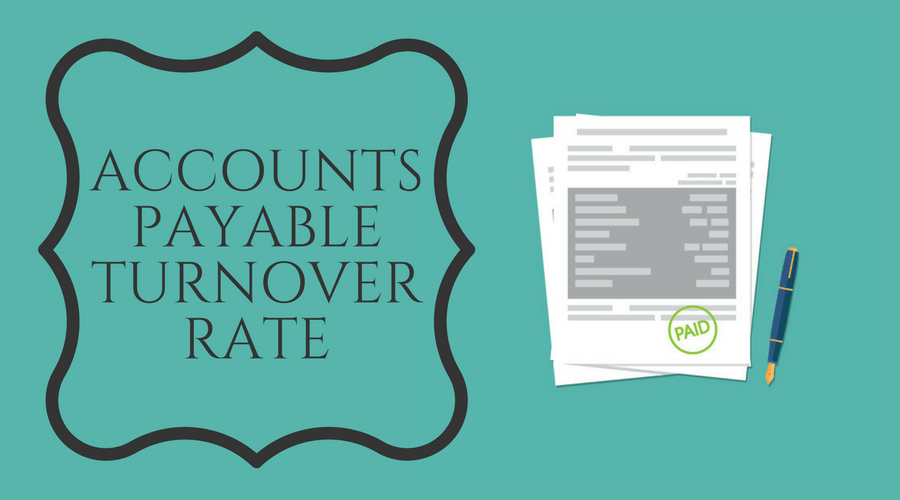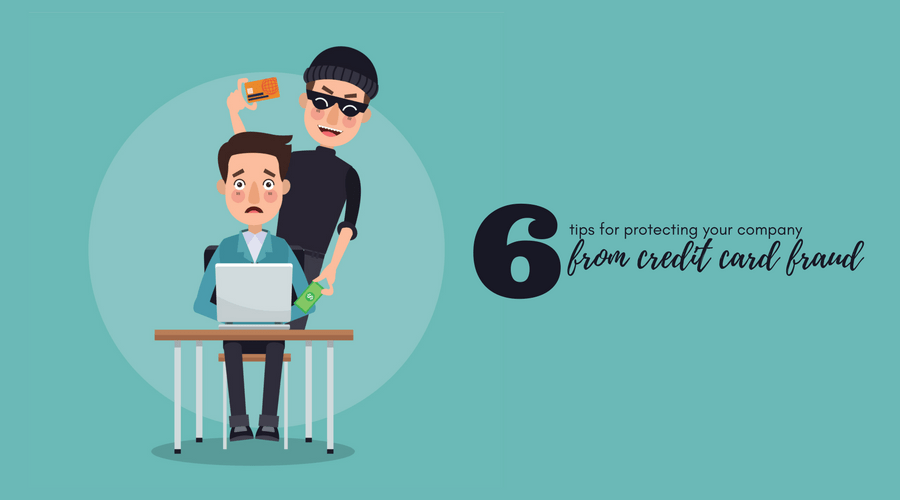Do You Have a Good Business Credit Score? Use These Tips to Keep It That Way

As a small business owner, you need access to cash. Unfortunately, sometimes you don’t have cash available – you might need a business credit card or a loan. It’s important to maintain a good business credit score, so you’ll get better interest rates and loan options.
What’s the Difference Between My Business Credit Score and My Personal Credit Score?
Your business credit score is just as important as your personal credit score, especially if you ever need to take out a loan to help finance your business. Both credit scores measure your creditworthiness so lenders know if they should take a risk on you.
While your personal credit score ranges from 300 to 850, your business credit score usually ranges from 0 to 100. Your personal credit score is calculated using FICO’s algorithms. But, there’s no industry standard for business credit scores.
How Do I Know What My Business Credit Score Is?
With your personal credit score, you have the right to a free credit report from the three major credit bureaus (TransUnion, Equifax, and Experian) once every 12 months. But, you’ll have to pay to see your business credit score.
| Credit Bureau | Report Includes |
| Dun & Bradstreet ($61.99) |
|
| Equifax ($99.95) |
|
| Experian ($39.95) |
|
1 Your Paydex Score is the numerical score granted to your company based on whether you make payments on time. A score of 80 or higher is considered healthy.
6 Tips for Maintaining Good Business Credit
Now that you know what your business credit score is, you want to maintain a good score (or improve a not-so-great score). Follow these tips to help:
1. Be Disciplined
Once you get a credit card for your business, it might feel like you have cash to spend. But, don’t get carried away with it – you’ll still have to pay back anything you spend, plus interest.
Because credit card debt is bad debt, avoid buying anything that you don’t absolutely need or have the cash for.
2. Maintain Liquid Cash
Keeping an emergency fund is always a good idea. You want cash available when things are tight or something goes wrong, so you don’t have to take out a loan or charge a lot on your credit card. Having cash available will help you resist the temptation of swiping that card.
How do you maintain cash? Consider offering customers a discount on their next purchase – they’ll come back more often, so you’ll have a continuous cash flow. You can also squirrel away money when things are good, so you don’t have to panic when things get tough.
3. Never Make a Late Payment
This one might go without saying, but we’re saying it anyway. Never make a late payment – in both your personal life and your business’s life. Your personal credit can affect your business credit, especially if you’re a sole proprietorship or partnership, so make sure you pay your mortgage, bills, and personal credit cards on time.
4. Pay Off Debt
Always try to pay off your credit card debt every month. If you can’t pay it off, at least try to keep your credit utilization as low as possible. It’s ideal to keep a balance of 30% or less (of your credit limit). The lower your credit utilization, the higher your credit score.
5. Limit the Number of Accounts You Open
There’s a credit card for everything – the major cards (like American Express and Visa), plus cards for Staples, Home Depot, and more. It can be tempting to get a card for everything (because they usually entice you with exclusive benefits), but opening a new account can cause your credit card to take a hit. Limit your credit cards to those that will benefit you the most.
6. Don’t Close Old Accounts
You might want to close some credit card accounts so you’re not tempted to keeping swiping them, but try to close newer accounts first. The age of your credit lines plays a part in your credit score, so you want to keep the older ones open.
Conclusion
Maintaining good business credit is a lot like maintaining good personal credit. You want to pay everything on time, have the cash to cover any charges, and avoid carrying a large balance.


